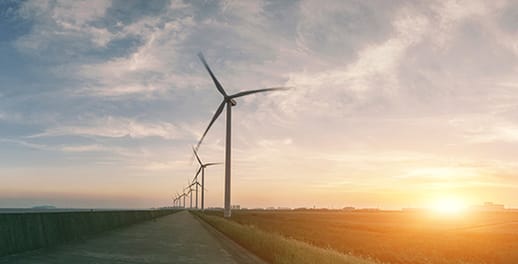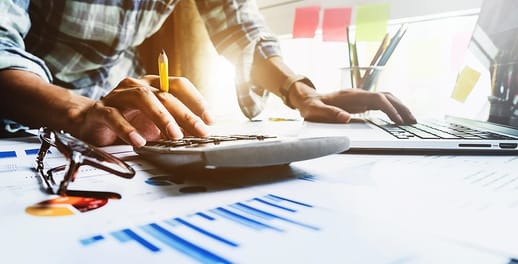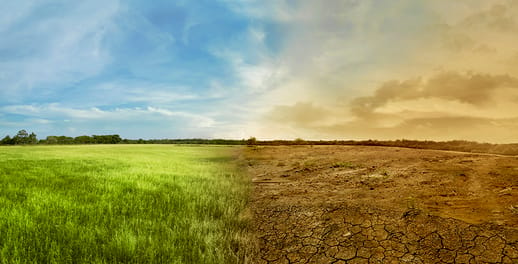Receive Focus insights straight to your inbox
WATCH | COP26: Responsible investing
Episode 4 of Climate Conversations on Business Watch with Michael Avery.
An eight-part series in the lead-up to COP26 to discuss whether we’re turning the tide on climate change.
This week Michael Avery chats to Barry Shamley, Portfolio manager, Investec Wealth & Investment SA; Andrew Gilder, Director of Climate Legal and Maxine Gray, Strategic development, Investec Wealth & Investment SA.
An eight-part series in the lead-up to COP26 to discuss whether we’re turning the tide on climate change.
This week Michael Avery chats to Barry Shamley, Portfolio manager, Investec Wealth & Investment SA; Andrew Gilder, Director of Climate Legal and Maxine Gray, Strategic development, Investec Wealth & Investment SA.
Episode 4 of Climate Conversations on Business Watch with Michael Avery.
An eight-part series in the lead-up to COP26 to discuss whether we’re turning the tide on climate change.
This week Michael Avery chats to Barry Shamley, Portfolio manager, Investec Wealth & Investment SA; Andrew Gilder, Director of Climate Legal and Maxine Gray, Strategic development, Investec Wealth & Investment SA.
An eight-part series in the lead-up to COP26 to discuss whether we’re turning the tide on climate change.
This week Michael Avery chats to Barry Shamley, Portfolio manager, Investec Wealth & Investment SA; Andrew Gilder, Director of Climate Legal and Maxine Gray, Strategic development, Investec Wealth & Investment SA.




